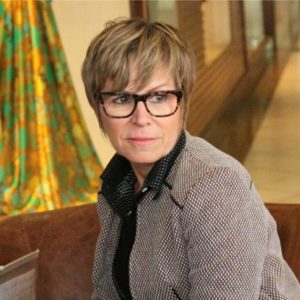 *By Ana Cláudia Donner Abreu
*By Ana Cláudia Donner Abreu
Although digital transformation and the future of work are topics that have been discussed in recent years, there are still important understanding gaps that need to be filled in both fields and, above all, in the relationship between them. One such gap includes the effects of this transformation on enabling the workforce for a future that is complex, pervasive, and innovative. So basically: how do you prepare people for the future of work? For the adoption of development policies and, consequently, for the reduction of social inequalities, it is important to seek answers to this question.
With that in mind, ABES convened a first group of researchers to form a THINK TANK in partnership with the IEA – Institute for Advanced Studies – at USP with the aim of promoting these and other debates. For my part, I proposed to structure a research to verify public policies implemented in Brazil that help people to adapt to changes at work. Even though initiatives are known to adopt public policies to mitigate the effects of digital transformation in different aspects, it is necessary to establish a relationship between these policies and the future of work and parameters for analyzing their impacts, whether positive or negative.
In the knowledge-based economy, with permanent challenges in organizations ranging from the automation and automation of tasks to multilevel governance and collaborative management with learning networks, the training of qualified people in Brazil is a recurring demand. We have to think, above all, that many times this work doesn't even exist yet, so we must be able to understand the scenarios that surround us.
The future arrives, whether or not we are prepared for it. It turns out that in today's world the future is the present. Challenges will arise and anticipating them is the role of everyone who is concerned with changes and their impact on people's lives, on what new times bring us in terms of threats and opportunities.
It is important that ABES opens this space for reflection so that, together, we can verify, analyze and propose solutions for the different issues that involve our postmodern world. I don't think it's easy, I don't believe in a single answer and proposal. On the other hand, I believe in research as a source of knowledge and guidance. Furthermore, as Raul Seixas would say, “I am not going to keep my mouth gaping full of teeth, waiting for death to come”.
*Ana Cláudia Donner Abreu is a THINK TANK ABES Researcher – IEA/USP and Senior Researcher at the Integration Engineering and Knowledge Governance Laboratory at PPGEGC/UFSC














